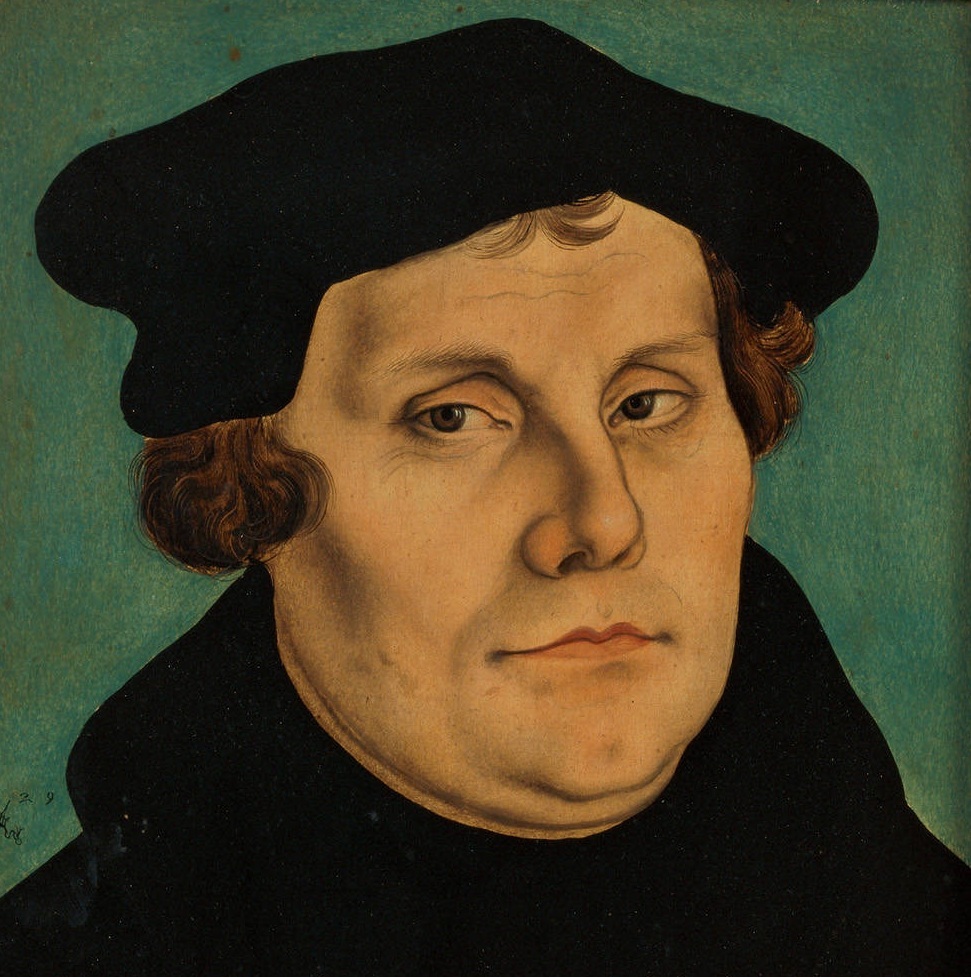
This year marks the 500th Anniversary of the Reformation
In 1517 Martin Luther posted his 95 theses on the doors of the Cathedral in Wittenborg. He was truly surprised by the fuss his actions created. This was the start of a movement within the Roman Church of events that deeply re-shaped the Church, and which we refer to today as the Reformation.
I have heard many times people tell me that the Reformation was the worst thing that ever happened in the Church. Whilst I understand why people would say this splitting the Church was a shocking thing I have to say I disagree. Essentially the Reformation was a reaction to a Roman Catholic Church which at that time had lost its way. Incidentally, I have never thought of the Church of England as Protestant (much to Professor Jim Packers frustration), rather, I think of the Church of England as a Reformed Catholic church.
This was a Church where indulgencies ( an indulgence is "a way to reduce the amount of punishment one has to undergo for sins".It may reduce the temporal punishment after death, in the state or process of purification called Purgatory) had become business. Prior to the Reformation it was not uncommon for such indulgencies to be bought for money. The Bible was in Latin and many priests, as well as laity, did not understand it when it was read. Luther saw that much of what went on was fundamentally wrong.
Of course the Reformers themselves were not without blemish, but the general direction of the Reformation has to have been right. Luther himself is attributed with some offensive and anti-Semitic words.
Since the Reformation, the Churches, not least the Roman Catholic Church, have come a long way. It is surely right that part of our celebrations of this Anniversary must be that we pray that one day the Churches will be re-united. There was a time when I thought I might see this in my lifetime, but sadly I think this will not happen. One of my memorable moments of the past few years was a very happy meeting with the Roman Catholic Bishops in Birmingham.
But what did the Reformation achieve? I think I can do no more than quote directly from an essay by Bishop J. C Ryle (1816 -1900) on the subject of what we owe the Reformation.
The Reformation found Englishmen steeped in ignorance and left them in possession of knowledge; found them without Bibles, and left them with a Bible in every parish; found them in darkness, and left them in comparative light; found them priest-ridden and left them enjoying the liberty which Christ bestows; found them strangers to the blood of atonement, to faith and grace and holiness and left them with the key to those things in their hands; found them blind, and left them seeing; found them slaves and set them free.
Some of the Reformers lost their lives to fight for these freedoms. So, in this 500th Anniversary year let us give thanks for the Reformation, but let us pray also that the Church Catholic might be re-united and that the principle of reform and renewal might be a continued process in the Church of God.
By grace alone….
+Mike